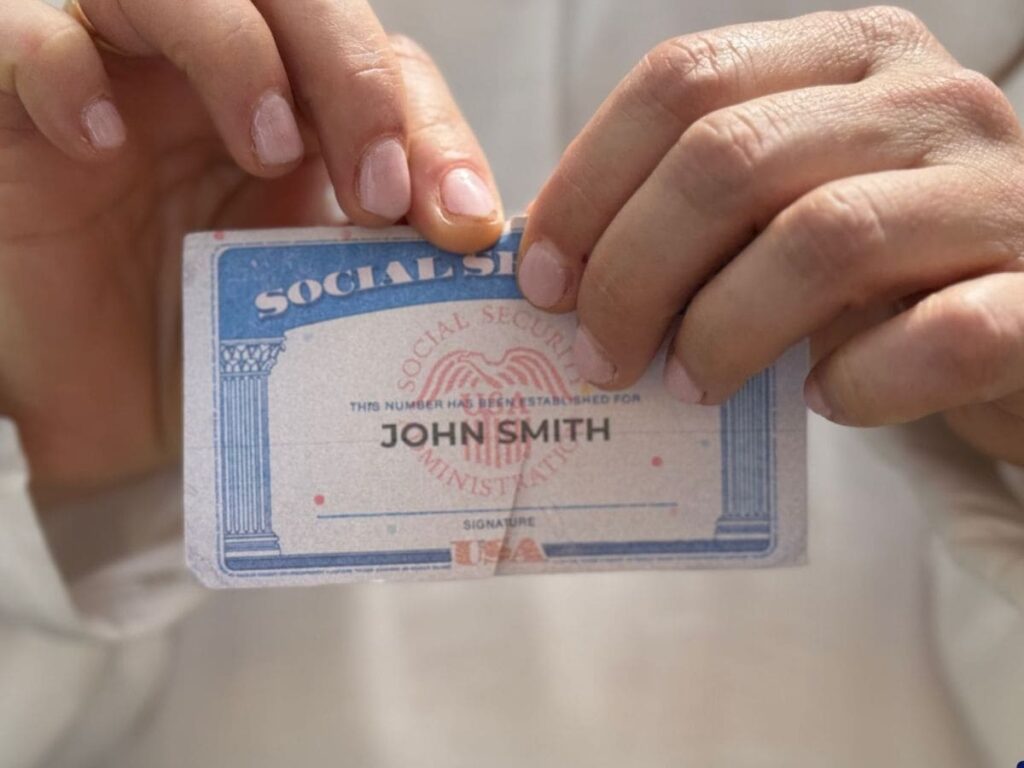In the United States, the Social Security payment schedule is almost always met with absolute precision. However, starting in May 2025, thousands of beneficiaries could see their monthly payments canceled, not because of administrative errors, but because of certain conditions that automatically interrupt the right to continue getting these benefits.
Although this type of situation does not affect all retirees, it is important to be aware of cases in which Social Security payments may be permanently stopped. Often, those affected do not anticipate these changes and are left financially unprotected for a period of time.
The good news is that there are alternative assistance programs, such as SSI or SNAP, that can cover some of the financial needs of those who lose their Social Security payments. But it is essential to act quickly so you don’t go without income for weeks or months.
Why might Social Security collection stop?
Social Security, whether for retirement or disability, is granted under specific conditions. If those conditions change, the Social Security Administration (SSA) may suspend payments. These are the most common reasons why a retiree or person with a disability may lose the right to receive their monthly check:
- Death of the beneficiary. Social Security payments are stopped immediately after the death of the beneficiary. The family must notify the SSA as soon as possible.
- Returning to work while collecting disability benefits. If a person receiving SSDI (Social Security Disability Insurance) returns to work on a regular basis and earns above the allowable limits, the SSA may consider that the medical requirements are no longer met and suspend payment.
- Reaching full retirement age after receiving SSDI. In this case, you will not stop receiving payments, but the type of payment will change: it will no longer be a disability benefit, but a retirement pension. This is not a cancellation, but it is an important change.
- Ceasing to reside in the United States. Some payments, especially SSI, are conditional on residence in the United States. Leaving the country for more than 30 days may suspend your benefits.
- Changes in marital status or income. This mainly affects dependent beneficiaries, such as spouses or children. If they get married or their financial situation changes, they could lose their right to the check.
The SSA conducts periodic reviews to ensure that those receiving payments continue to meet the requirements. That is why it is so important to report any personal or financial changes immediately.
Alternatives if you stop receiving Social Security: SNAP, SSI, and more
When a beneficiary loses their monthly Social Security payment, it does not mean they are left without options. There are several additional benefits, administered at the state or federal level, that can provide financial support depending on each person’s situation:
- Supplemental Security Income (SSI): This payment is intended for people with low income and limited resources. Unlike traditional Social Security, SSI is not based on work history, but on financial need. The maximum payment in 2025 will be $967 for single people and $1,450 for couples.
- SNAP (food stamps): If your income drops dramatically after losing your Social Security check, you can apply for help to buy food. Each state manages its own limits and amounts, but many seniors and people with disabilities can access this program without affecting other benefits.
- Medicaid and free medical assistance: When you lose Social Security, you may also lose access to Medicare. In that case, programs such as Medicaid can help cover medical costs.
- State emergency programs: Some states offer one-time cash assistance or help paying rent, utilities, or medications. It is a good idea to contact your local social services department.
Although losing Social Security payments can be a significant financial blow, there are mechanisms available to continue getting assistance. The key is to act quickly, seek professional guidance, and don’t let time pass without informing the appropriate agencies of your new situation.
